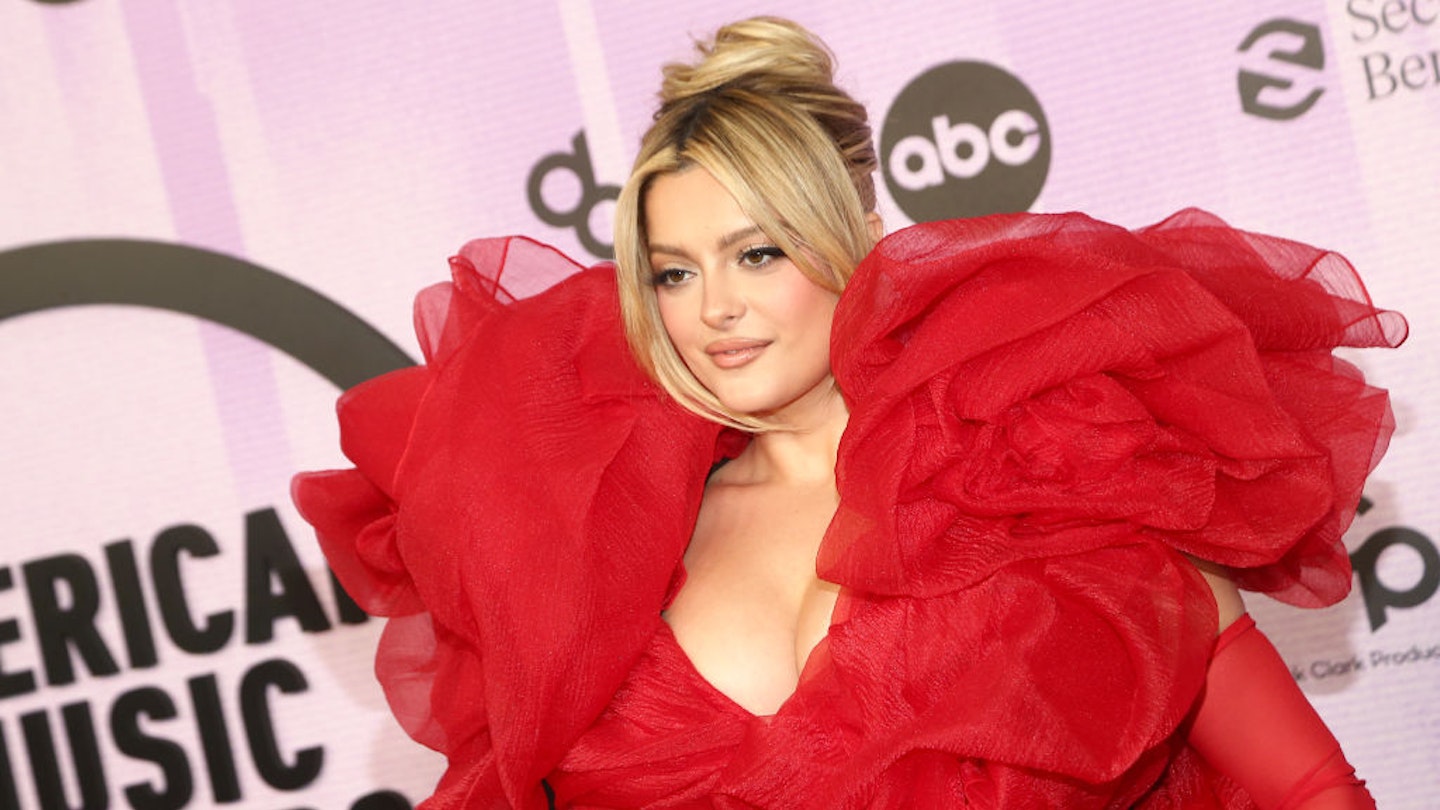There are certain female celebrities - actually, make that certain women in general - for whom life is punctuated and plagued by comments and questions about their weight. And while most women will feel as if their body image has been damaged in some way by the unwanted, yet ever-present, dialogue about how women should look, it is undoubtedly something famous women face on a very public platform.
Bebe Rexha, the 33-year-old US singer, is one of them. Despite a hugely successful career, having sold 1.2 million albums over the years, Rexha has had to spend almost as much time discussing her body and her weight as she has her work. In 2021, for example, she began a movement to ‘normalise’ weighing 165lbs after comments about her body. Most recently, this week, the Brooklyn born singer has spoken out about speculation on TikTok about her supposed weight gain, with the social media platform even serving users a suggested search of ‘Bebe Rexha weight’ following her surprise performance at Coachella festival.
She tweeted, 'Seeing that search bar is so upsetting. I'm not mad cause it's true. I did gain weight. But it just sucks. Thank you to all the people who love me no matter what. I've always struggled with my weight. A bi*** likes to eat.’ She added. ‘I'm working on myself everyday. Just discouraged a bit right now.'
The fact that Bebe felt she owed her followers an explanation about how she looked is symptomatic of the shame women are made to feel about their changing bodies throughout their lifetimes. She doesn’t need to tell us she ‘likes to eat’ nor does she need to confirm or deny she has gained or lost any weight at all. Yet celebrities are forced to publicly explain their bodies and any changes to them on an almost daily basis (mostly thanks to social media comments and irresponsible tabloid reporting).
The timing is pretty depressing. Just last week Ariana Grande made an honest TikTok- that went viral- about speculation about her weight loss, urging everyone to be ‘gentler and less comfortable commenting on people's bodies, no matter what.’ She added, ‘If you think you're saying something good or well intentioned, whatever it is. healthy or unhealthy, big, small...we should really work towards not doing that as much.'
Despite the headlines that TikTok sparked, it feels like we’re fighting a losing battle. Despite the best efforts of Ariana and campaigners like Jameela Jamil, for every step forward we take in the fight against women's bodies becoming the subject of any public conversation, yet another woman is forced to give an explanation about how she looks.
In fact, the worrying idealisation of thinness - so popular in the noughties, when women's diets and bodies were on the cover of every tabloid magazine and newspaper - feels like it is upon us once again, thanks to the return of uninclusive Y2K fashion, as well as the mainstream release of diabetes drugs which have been repurposed for weight loss, such as Ozempic.
This isn’t the first time that Bebe’s body has been a trending topic, so it’s unsurprising she struggles with body positivity, even though she tries to promote it. She said in 2021, ‘I think all the body positivity that stems from me is probably a place of hurt and confusion of like, I don't know how to help myself anymore or how to love myself.’
Put simply, how can we be expected to love ourselves unwaveringly, when we are routinely shown that celebrities are demonised for their appearance? No woman should ever have to address what anyone thinks about their body, but for now - depressingly- it feels like a conversation we are going to keep on hearing.
